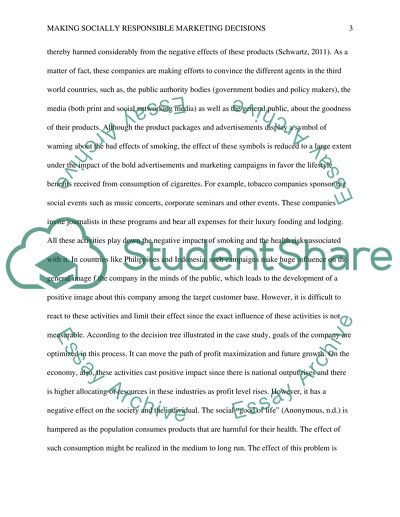Cite this document
(“Making Socially Responsible and Ethical Marketing Decisions: Selling Essay”, n.d.)
Retrieved from https://studentshare.org/marketing/1483881-making-socially-responsible-and-ethical-marketing
Retrieved from https://studentshare.org/marketing/1483881-making-socially-responsible-and-ethical-marketing
(Making Socially Responsible and Ethical Marketing Decisions: Selling Essay)
https://studentshare.org/marketing/1483881-making-socially-responsible-and-ethical-marketing.
https://studentshare.org/marketing/1483881-making-socially-responsible-and-ethical-marketing.
“Making Socially Responsible and Ethical Marketing Decisions: Selling Essay”, n.d. https://studentshare.org/marketing/1483881-making-socially-responsible-and-ethical-marketing.


